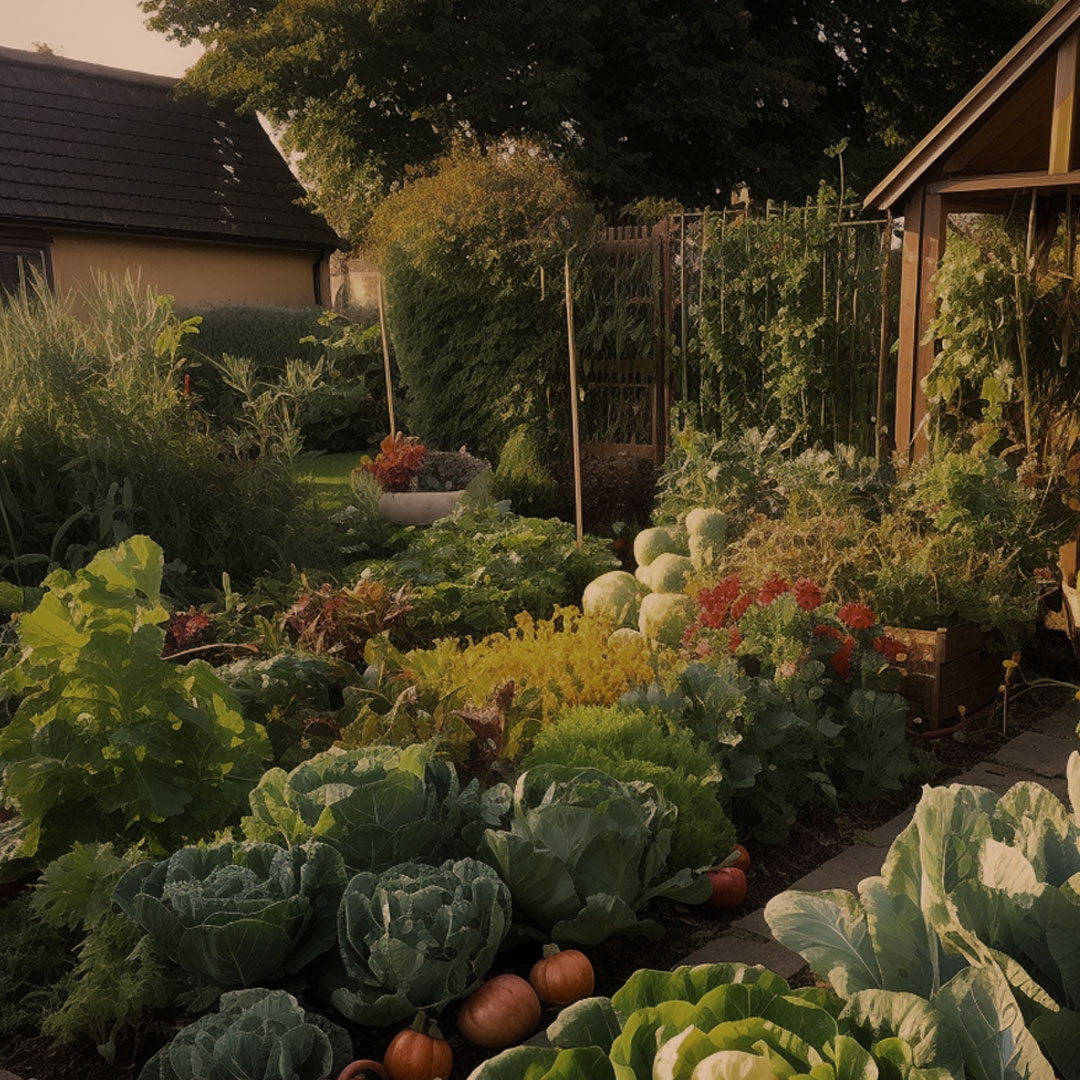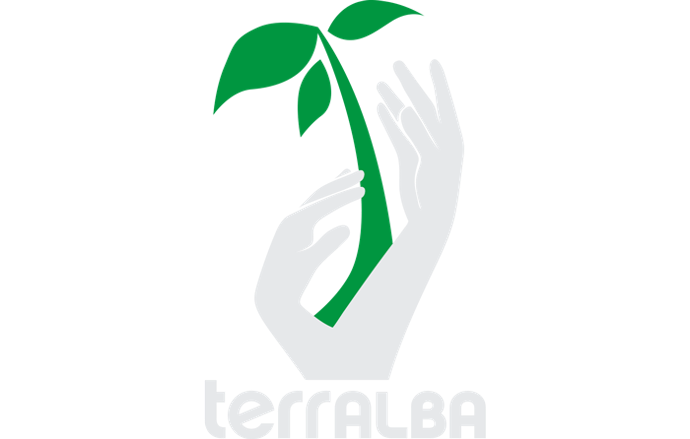November is approaching with the promise of beneficial rainfall for our friends the fungi and bacteria, creating an environment conducive to revitalising your organic garden next spring, but also for your evergreens, hedges and trees. At Terralba, we're convinced that caring for the earth is an act of love towards nature and ourselves. That's why we offer you a complete maintenance ritual to ensure the health and vitality of your green oasis.
Translated with DeepL.com (free version)
Why now?
In November, your soil becomes waterlogged and prepares to go dormant. That's why it's highly advisable to provide an optimum environment for feeding your soil's fauna in depth. Micro-organisms, the invisible guardians of the natural balance, nestle in every nook and cranny, preparing the ground for the spring bloom. This is the perfect time to sow the seeds of future abundance and prepare your garden for the rigours of winter.
Beneficial products and actions in organic farming :
1. Composted materials :
Enrich your soil with homemade compost, or our 4-compost potting soil, or a mixture of our precious vermicompost with gallinaceous guano, for example, or mealworm guano. These organic treasures are teeming with microbial life and essential nutrients, nourishing your soil deep down and establishing a balanced ecosystem. By incorporating composted materials into your soil before the first frosts and the dormancy of the underground world you've just created, you'll encourage healthy growth in your plants when the warm weather returns, boosting their resistance to disease and pests.
2. Biochar & Kelp :
Incorporate biochar into your soil to provide a protective shelter for your beneficial micro-organisms. Biochar acts like a sponge, retaining moisture and nutrients, creating an ideal environment for the root systems of your plants, hedges and trees. Complete this ritual by using kelp, which is rich in growth hormones and potassium. Kelp stimulates the robust growth of your crops, even during the cold months, by ensuring a constant supply of nutrients and combating the stress of climatic variations (osmotic effects).
3. Protective mulch :
Generously cover your garden with a natural mulch made from dead leaves, plant waste, straw or, more ideally, alfalfa. This natural shield conserves moisture, prevents weeds from growing and protects your microfauna from cold temperatures. What's more, it provides continuous nutrition for your living soil by decomposing slowly and releasing nutrients over time.
4. Crop rotation :
Take advantage of this period to plan a crop rotation in your garden. Alternating plant families in the different plots of your vegetable garden helps to prevent soil impoverishment and reduce the risk of crop-specific diseases. This practice also promotes balanced use of soil nutrients, guaranteeing long-term fertility. For example, alternate between Fabaceae and Grasses or Solanaceae.
Your garden is much more than just a collection of plants; it's a precious ecosystem, a sanctuary for biodiversity. By looking after it in November, you're investing in a future of lush greenery and abundance. Take the time now to look after it and its little inhabitants, and your garden will reward you a hundredfold in the spring.

Discover our Terralba organic shop and prepare your garden for a flourishing season ahead. Explore our natural products and discover new ways to beautify your green space, click here to see our products and transform your garden into a paradise of life and growth.
Terralba shop
For a living organic culture, find all the organic products on our Boutique page.


